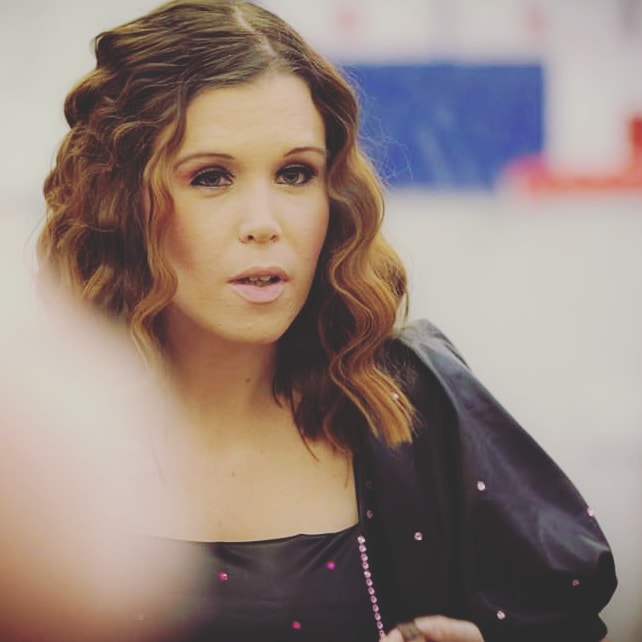Speech Therapy & SEND Support at Take Part
12 Nov 2020
Speech Therapy & SEN Support at Take Part

Every individual can learn, just not in the same way. This sums up perfectly my coaching ethos throughout the work I do at Take Part. Celebrating individualities is one of the most exciting parts of my job.
Congratulations to Roxy on her new qualification!
Special educational needs and disabilities (SEND) can affect a person’s ability to learn. They can affect their:
- behaviour or ability to socialise, for example they struggle to make friends
- reading and writing, for example because they have dyslexia
- ability to understand things
- concentration levels
- physical ability
Roxy has a decade of experience with working with young people with additional needs, whilst also being a parent to her 3 children including her son Dexter who has Cerebral Palsy. Being on both the parental and the professional side means that Roxy understands the challenges presented from both viewpoints and remains mindful of this throughout her work.
Another addition to increasing inclusivity at Take Part is the use of Makaton. Roxy is trained in Makaton sign language and is passing this skill onto her colleagues and students. Makaton is a visual way to develop communication skills, which helps stimulate sounds and words. The visual way of communicating helps language development, such as putting words together. Makaton helps understanding by giving an extra visual cue to communication.
“I strive to intertwine this ethos with my music teaching. Music is, and should be, accessible to absolutely everybody and I work hard to ensure a student centred approach when teaching and planning my lessons, meaning that not everybody learns in the same way to find their ‘groove’.
I have introduced the use of Social Stories to Take Part. These use words and images to explain specific occurrences, behaviours, social interactions, concepts, or skills. They are designed to benefit those with developmental delays, social issues, autism, or other difficulties with comprehension but can be beneficial for all children to have access to if needed.
By training in Level 5 Speech Therapy, it has allowed me to understand the mechanics of the voice to a level that I hadn’t realised before, although always wanted to delve into. This means that I can explain the exact physiological parts of the voice that need to be used in order to improve the voice and achieve the desired result in all styles of singing. These skills don’t just have to be used when training to sing, they can be used with young people who may have confidence barriers to speak up in class, aren’t sure what is the ‘right thing to say’ or when to say things. There is a massive amount of vulnerability in opening your mouth and making a noise in any capacity and I feel very strongly that this should be considered, and a trusting environment should be created and celebrated in all sessions voice centred.
Another area of communication that I take note of is behaviour. Behaviour of all kinds happens because of a reason and I take note of any changes, unusual or patterns of behaviour and think ‘what could that mean?’, meaning my mind is constantly thinking about the next step and any factors that could affect behaviour in the future. Using my music therapy and proactive SEN skills, I include the use of music to set the tempo of the room, ensure the environment is set up accordingly and everything is in place for the learner to strive.”
If you have any concerns or questions about your child’s needs and how we can meet them at Take Part please do not hesitate to contact roxy@wearetakepart.com.